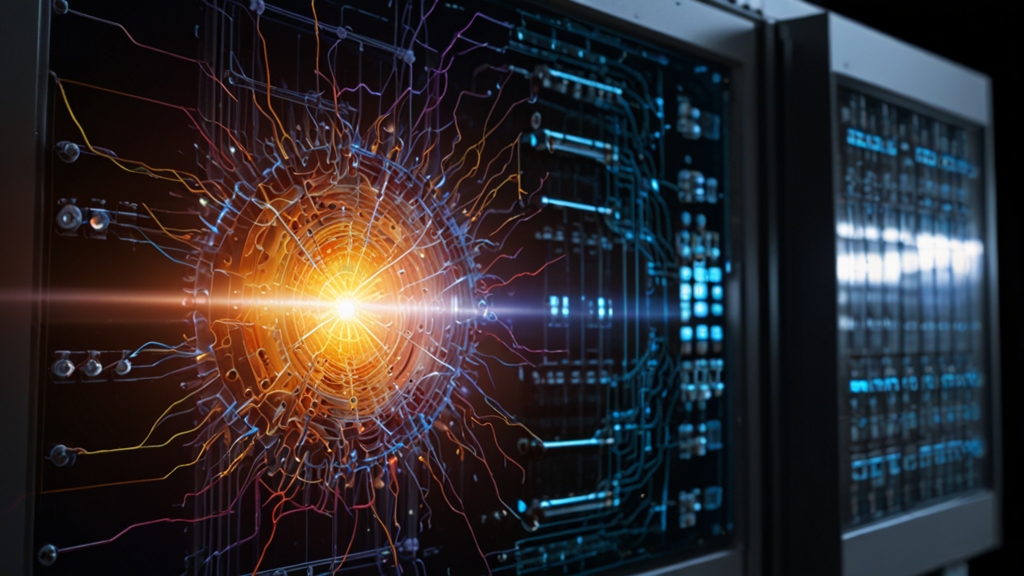Introduction
The two World Wars of the 20th century were cataclysmic events that reshaped the political, social, and economic fabric of the world. Beyond the immediate repercussions of the wars themselves, their aftermath set the stage for numerous significant changes that altered the course of history indefinitely. This article delves into the profound impact these wars had on global affairs, technological advancements, social dynamics, and international relations.
Political Realignments and the Rise of Superpowers
The end of World War I in 1918 and World War II in 1945 marked significant shifts in global power structures. The Treaty of Versailles, which concluded World War I, imposed harsh penalties on Germany, contributing to economic turmoil and political instability that eventually led to the rise of Adolf Hitler and the onset of World War II. The conclusion of World War II saw the emergence of the United States and the Soviet Union as superpowers, leading to a bipolar world order characterized by the Cold War.
The pervasive influence of these superpowers resulted in various proxy wars, ideological battles, and a fierce arms race, culminating in the nuclear standoff and balance of power politics that defined much of the latter half of the 20th century.
Technological Innovations and Industrial Advancements
The World Wars greatly accelerated technological progress and industrial innovation. World War I witnessed the introduction of tanks, airplanes, and chemical warfare, while World War II further advanced these technologies with the development of radar, jet engines, and atomic bombs. The exigencies of war fostered rapid advancements in medical technology, logistics, and communications.
Post-war periods saw these technologies being adapted for civilian use, leading to significant improvements in transportation, healthcare, and information technology. The space race, a direct offshoot of wartime rocket technology, resulted in monumental achievements like the moon landing and the advancement of satellite communication.
Economic Transformations
The World Wars had profound economic impacts, leading to the restructuring of global economic systems. The devastation wrought by these conflicts necessitated massive reconstruction efforts. The Marshall Plan, implemented by the US to rebuild war-torn Europe, was a pivotal moment that facilitated economic recovery and fostered long-term international cooperation.
The establishment of institutions such as the International Monetary Fund (IMF) and the World Bank during the post-World War II era aimed to stabilize the global economy and prevent future economic crises, laying the groundwork for globalization and the interconnected world economy we see today.
Social and Cultural Changes
The World Wars also had significant social and cultural repercussions. World War I acted as a catalyst for social upheavals, leading to changes in class structures and the role of women in society. Women, who had taken on various roles in factories and on the home front during the wars, began to demand greater rights and recognition, contributing to the early stages of the women's rights movement.
The aftermath of World War II saw even more profound social changes. The civil rights movements in the United States gained momentum as African American veterans demanded equality and justice, leading to legislative changes that ended segregation and promoted civil liberties. Meanwhile, the decolonization movement gained traction worldwide, as former colonies in Africa, Asia, and the Middle East sought independence, fundamentally reshaping global geopolitics.
Conclusion
The impact of the World Wars on the course of history cannot be overstated. The political realignments, technological advancements, economic transformations, and social changes that followed these conflicts collectively created a new world order. The legacy of the World Wars continues to influence contemporary global affairs, reminding us of the profound and far-reaching consequences of such cataclysmic events.
As we reflect on these changes, it is crucial to remember the lessons of the past to forge a future that avoids the catastrophic mistakes of history and promotes peace, cooperation, and progress.





